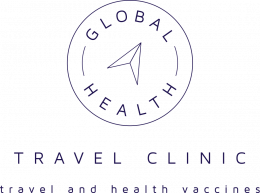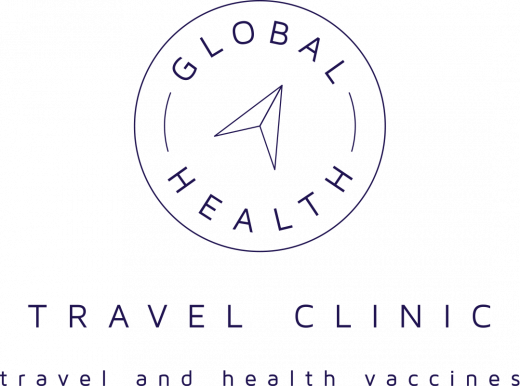Dengue is a mosquito spread virus commonly found in urban and semi-urban tropical areas of Africa, Asia, the Caribbean, Central and South America and the Pacific Islands.
Dengue is a mosquito spread virus commonly found in urban and semi-urban tropical areas of Africa, Asia, the Caribbean, Central and South America and the Pacific Islands. Risk is year-round in the tropics. Seasonal cases are reported in parts of Europe and the US.
Worldwide dengue rates have grown dramatically in recent decades, with approximately half the world’s population now considered to be at risk.
There is no vaccination for dengue fever and bite avoidance strategies should be followed see below.
Dengue cases are sometimes reported in returning travellers, with most cases in UK residents occurring in returning visitors from Asia, the Americas and the Caribbean.
Most people infected with dengue remain symptom-free. If symptoms occur, they usually start abruptly and include fever, headache, muscle and joint pain, nausea, vomiting and a rash. They usually occur within four to 10 days of being bitten. Most infections are self-limiting, with recovery three to four days after the rash appears. A small number of people develop more severe illness, which if left untreated can be fatal.
Bite avoidance strategies include;
- Covering up skin as much as possible, especially if going out at night, wear loose fitting clothes, long sleeves, trousers or long skirts.
- Use insect repellents on exposed skin. Picardan 20% or DEET 50% products are the most effective.
- If using sunscreen always apply first, followed by an insect repellent spray on top.
- If room is not air conditioned, but is screened, close shutters early evening and spray room with knockdown insecticide spray.
- Electric insecticide vaporisers are very effective as long as there are no power failures!
There is no scientific evidence that electric buzzers, savoury yeast extract, tea tree oil, bath oils, garlic and vitamin B are effective.
For more travel health information visit https://travelhealthpro.org.uk/

